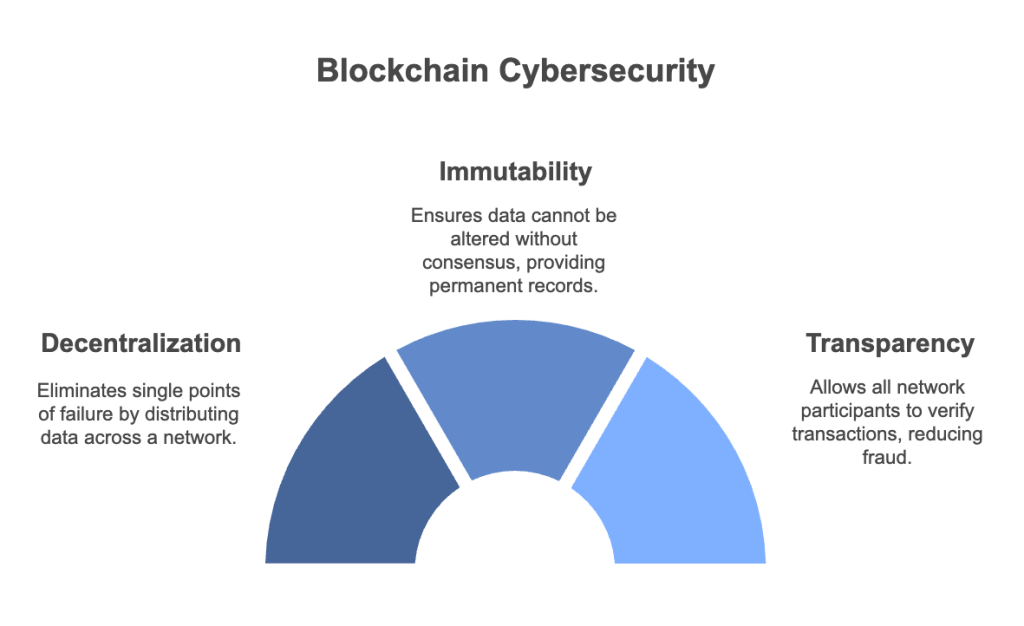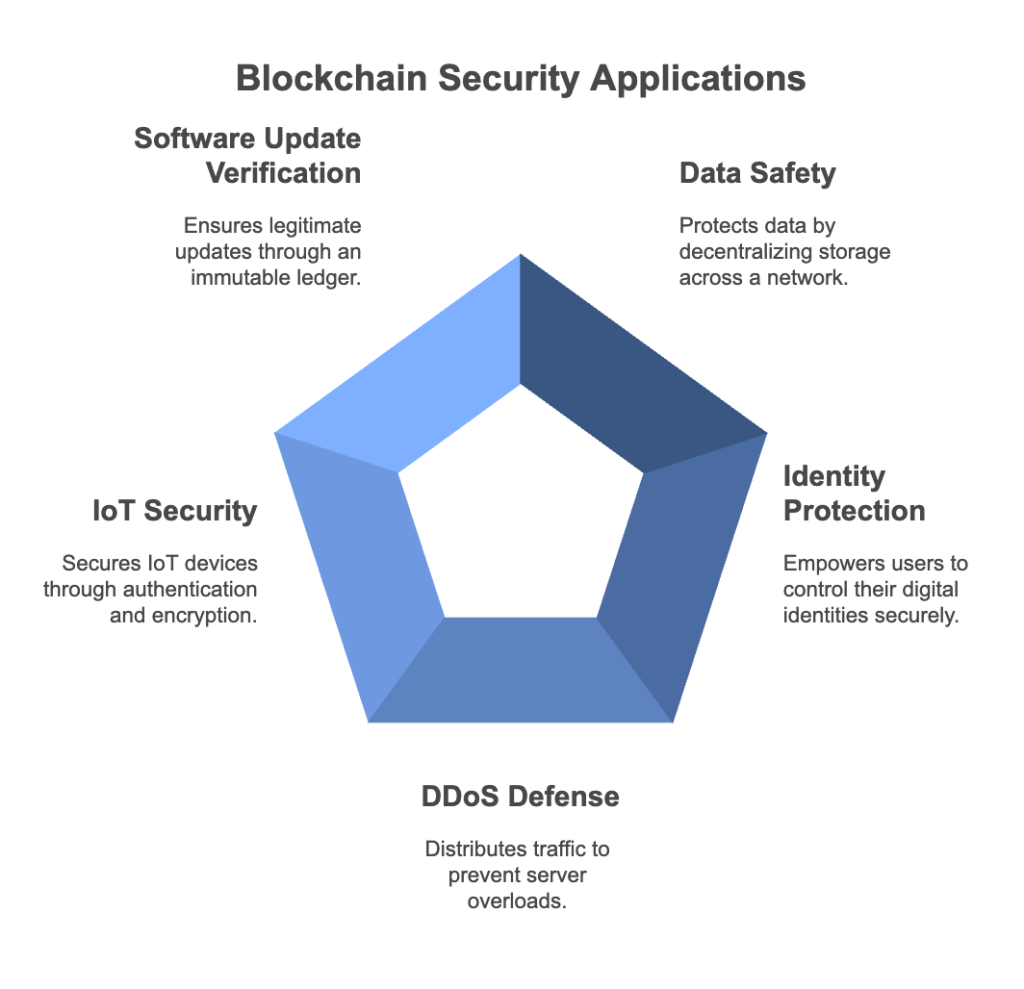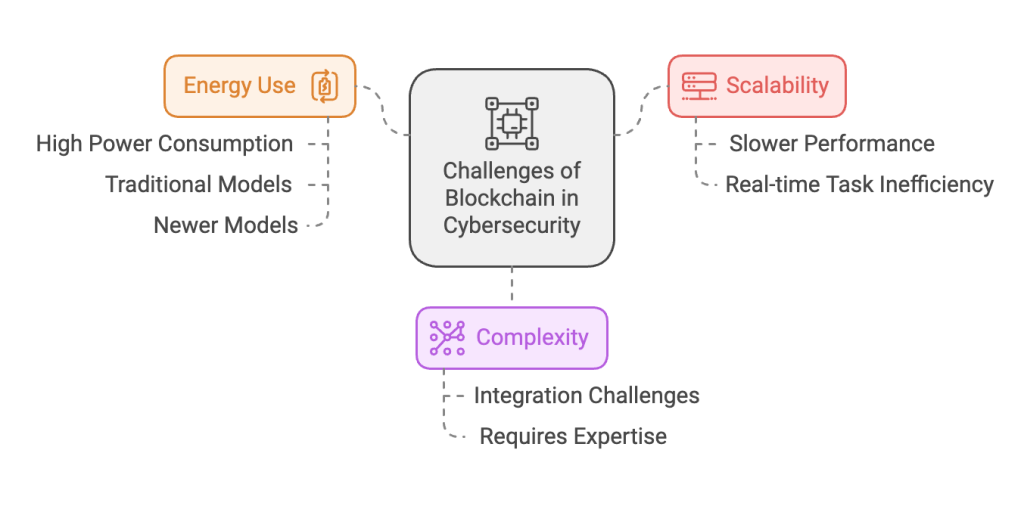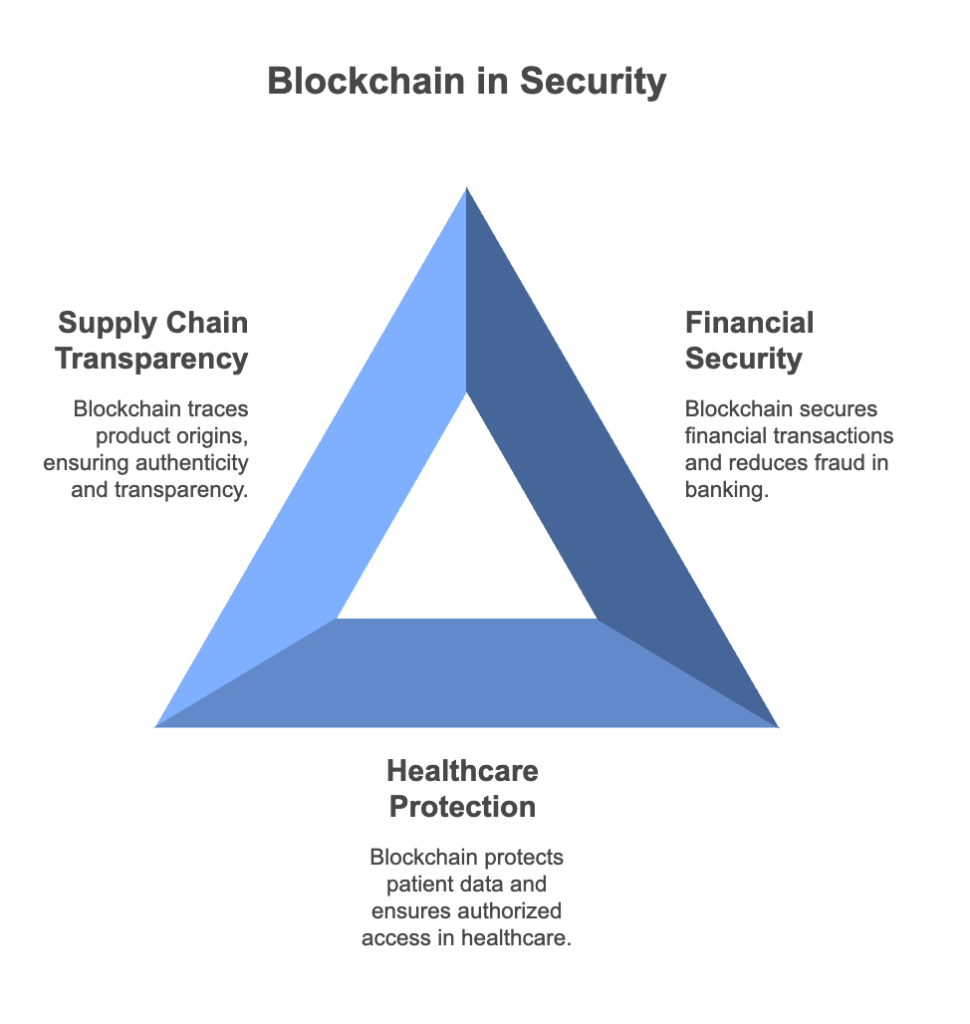The Role of Blockchain in Enhancing Cybersecurity
Let’s be honest – cyberattacks are getting more sophisticated, and traditional security systems just aren’t cutting it anymore. That’s where blockchain comes in. You might know blockchain as the tech behind Bitcoin, but it’s also transforming cybersecurity in some seriously cool ways. Decentralized, transparent, and nearly impossible to hack, blockchain is giving cybercriminals a run for their money. Here’s how it’s changing the game and why you should care.
Why Is Blockchain Perfect for Cybersecurity?
At its core, blockchain is built to be secure. It’s decentralized, meaning there’s no single point of failure for hackers to target. Instead, data is stored across multiple nodes (computers) in a network. Plus, every piece of information added to a blockchain is encrypted and linked to the previous one using cryptographic hashes. This creates a chain that’s super tough to mess with.
Here’s why blockchain is a cybersecurity powerhouse:

How Blockchain is Securing the Digital World
Let’s get into the fun part – how blockchain is actually being used to boost cybersecurity. From protecting your identity to stopping hackers, here are some real-world applications.
1. Keeping Your Data Safe
Traditional systems store data on central servers, making them juicy targets for hackers. Blockchain changes the game by spreading that data across a network, so your info stays safe even if one node gets hit.
Example: Platforms like Storj and Filecoin let you store files securely using decentralized tech.
2. Protecting Your Identity
Ever worry about your personal info being stolen? With blockchain, you can own and control your digital identity. Instead of trusting a company to keep your data safe, you store it on the blockchain and use private keys to share only when you want.
Example: Civic and uPort are leading the way in decentralized identity management.

3. Fighting DDoS Attacks
A Distributed Denial-of-Service (DDoS) attack occurs when hackers flood a server with traffic, causing it to crash. Blockchain can distribute that traffic across its network, making it nearly impossible to overwhelm.
Example: Gladius uses blockchain to protect against DDoS attacks by sharing the load across multiple nodes.
4. Securing IoT Devices
With billions of Internet of Things (IoT) devices – smart fridges, cameras, you name it – hackers have more entry points than ever. Blockchain can secure these devices by authenticating them and encrypting their communications.
Example: IoTeX uses blockchain to make IoT networks safer and more reliable.
5. Verifying Software Updates
Hackers love to sneak malicious software updates into systems. Blockchain ensures only legit updates are delivered by recording them on an immutable ledger that users can verify.
Example: Microsoft has explored using blockchain to secure updates on its Azure cloud platform.
What’s Holding Blockchain Back?
As cool as blockchain is, it’s not perfect. Here are some hurdles it needs to clear:
- Scalability: Blockchain networks can slow down as they grow, which might make them less effective for real-time security tasks.
- Energy Use: Some blockchains, like Bitcoin’s, require a lot of power to keep running. Newer models like Proof-of-Stake (PoS) are helping with this.
- Complexity: Integrating blockchain into existing systems isn’t always easy and requires profound know-how.

Industries That Are Loving Blockchain for Security
1. Banking and Finance
Banks process a wide range of sensitive data and transactions daily, making them prime targets for hackers. Blockchain can secure these transactions and reduce fraud.
Example: Ripple and J.P. Morgan’s Onyx use blockchain to create tamper-proof financial systems.
2. Healthcare
Patient records are a hot target for cyberattacks, so blockchain can keep medical data safe and ensure that only authorized parties have access.
Example: Patientory and Medicalchain use blockchain to protect healthcare data and improve secure data sharing.
3. Supply Chains
Ever wonder if the “organic” label on your food is legit? Blockchain can trace products from origin to your hands, ensuring authenticity and transparency.
Example: IBM’s Food Trust uses blockchain to make supply chains more secure and transparent.

What’s Next for Blockchain and Cybersecurity?
Blockchain isn’t just a buzzword anymore – it’s becoming a core part of how we protect our digital lives. In the future, expect to see:
- Zero-Trust Models: Blockchain fits perfectly with the “never trust, always verify” approach.
- AI + Blockchain: Combining artificial intelligence with blockchain could take security to the next level by automating threat detection and response.
- Decentralized Governance: Organizations could start using blockchain to manage security decisions collaboratively without centralized control.
Final Thoughts
The Blockchain is changing the cybersecurity game in a big way. Making systems decentralized, tamper-proof, and transparent is helping us stay one step ahead of hackers. Sure, there are challenges, but the potential is massive. Whether you’re a business looking to secure your operations or just someone who wants to protect their data, blockchain is a tool worth exploring. The future of security might just be on the chain.




